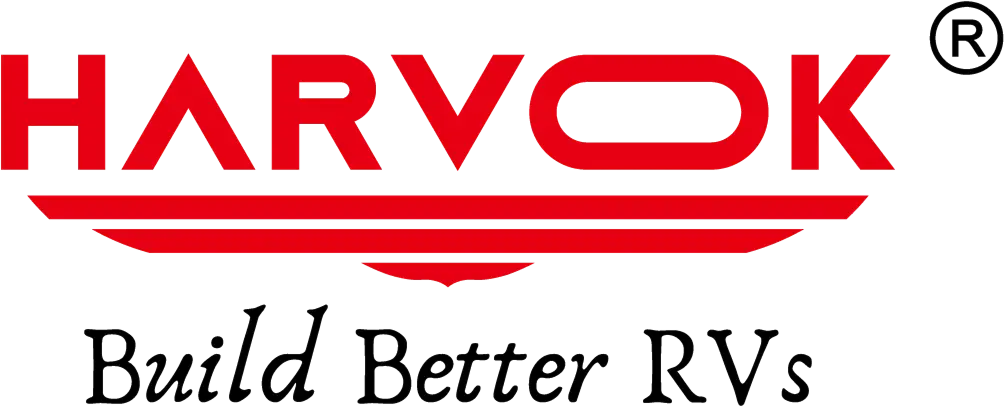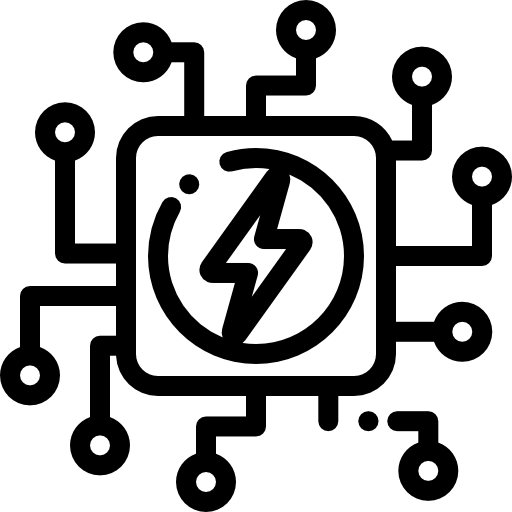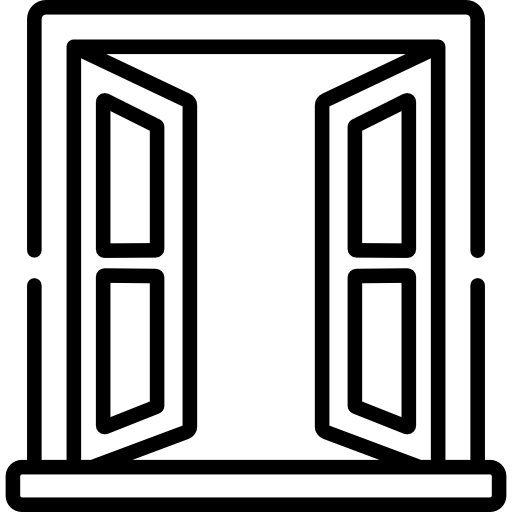Types of Caravans
There are various types of caravans to suit different lifestyles and travel preferences:
- Conventional Caravans
Traditional fixed-roof designs available in various layouts and sizes. - Pop-Top Caravans
Compact caravans with a roof that pops up to provide additional headroom when stationary. - Expandable Caravans
Hybrid models with fold-out beds or sections that expand to increase living space. - Off-Road Caravans
Specifically built for rugged terrain and off-road adventures, offering reinforced suspension and durable materials.
Consider your travel needs, storage space, and towing capacity when selecting the right type of caravan.
Construction Methods Used in Caravan Manufacturing
In Australia, caravans are generally built using one of the following three methods:
1. Traditional Framed Construction
A frame made of timber or aluminium forms the skeleton of the caravan. It’s then clad with aluminium sheeting or fiberglass panels, and the interior is lined with lightweight materials.
This method is cost-effective but can be more prone to water ingress and structural flex over time.
2. Composite Panel Construction
In this method, walls, floors, and roofs are constructed from composite panels—usually a foam core sandwiched between fiberglass or aluminium layers.
This technique offers lightweight, strong, and insulated panels with fewer joints, enhancing overall durability.
3. Monocoque Construction (One-Piece Body)
Monocoque, or one-piece body construction, integrates the entire structure into a single, seamless outer shell. This method is often associated with premium models and offers a wide range of advantages:
Benefits of Monocoque Construction
- No Joints or Seams
The single-piece body eliminates external joints, minimizing water ingress and enhancing durability. - Leak-Resistant Design
Seamless construction helps prevent leaks, providing a secure and dry interior even in wet conditions. - Low Maintenance
With no seams to reseal, upkeep is minimal compared to traditionally framed caravans. - Superior Insulation
Integrated materials provide excellent thermal and acoustic insulation, making your caravan comfortable and quiet in all seasons. - Structural Strength and Stability
The rigid, unified body design ensures stability on the road, reducing body roll and sway during towing. - Lightweight Yet Durable
Use of high-strength, lightweight materials (like fiberglass composites) improves towability and fuel efficiency without sacrificing strength. - Luxurious Design Potential
The seamless shell allows more flexibility in interior layouts, leading to smarter use of space and a high-end feel. - Long-Lasting Value
With fewer failure points and a robust build, monocoque caravans are engineered for longevity and make for a solid investment.
Summary
Choosing the right caravan construction method affects everything from comfort and towing experience to long-term durability. Monocoque construction, in particular, stands out for those who prioritize safety, performance, and long-term peace of mind.








